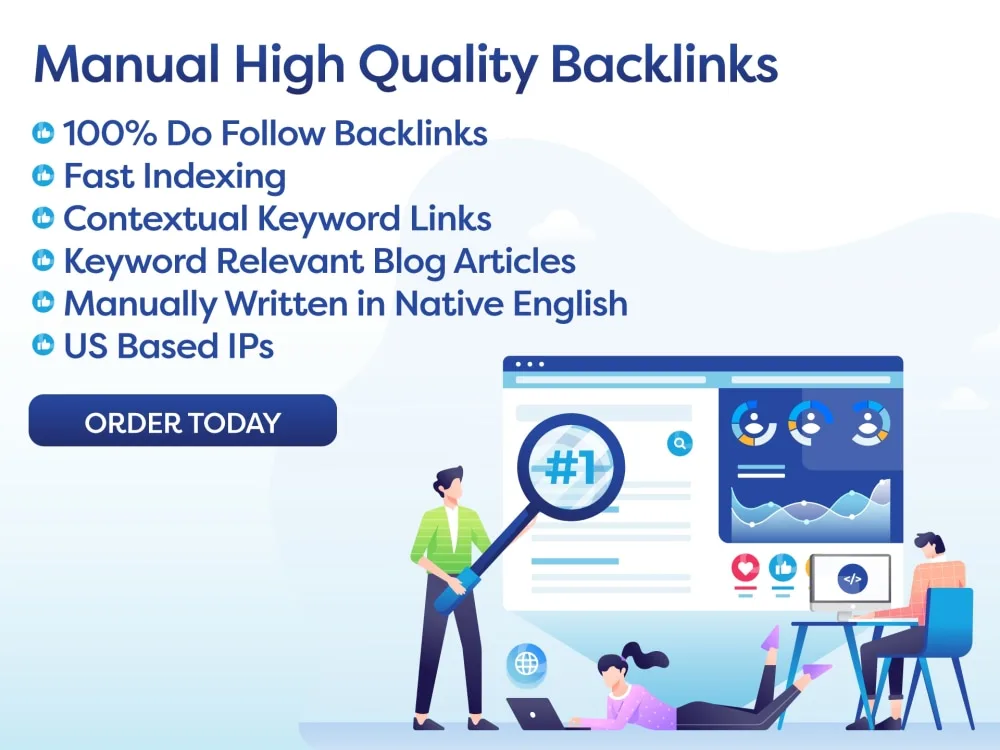Craft engaging SEO content by:
1. Understanding SEO basics like keywords and backlinks
2. Conducting keyword research and optimizing content
3. Developing a content plan aligned with SEO goals
4. Using on-page SEO techniques like title tags and internal links
5. Measuring success with tools like Google Analytics
Implement an action plan:
1. Thorough keyword research
2. Content calendar development
3. Content optimization
4. Performance tracking and adjustments for improvement. By following these strategies, you can create compelling content that drives traffic, improves visibility, and ultimately boosts your online presence and business success.
Introduction:
As an SEO beginner, grasping the significance of crafting high-quality, optimized content is crucial for enhancing your online presence. By implementing the right strategies, you can elevate your search engine rankings, drive more traffic to your website, and ultimately expand your business. In this article, we will delve into the key fundamentals of SEO content planning and how you can utilize them to create engaging content that resonates with your target audience.
Key Takeaways:
- Understanding SEO Basics: Learn the foundational elements of SEO and how they impact your content strategy.
- Keyword Research and Optimization: Discover how to conduct keyword research and effectively optimize your content for search engines.
- Content Planning and Strategy: Develop a solid content plan that aligns with your SEO goals and engages your audience.
- On-Page SEO Techniques: Implement on-page SEO techniques to improve the visibility and ranking of your content.
- Measuring Success: Learn how to track and analyze the performance of your SEO content to make data-driven decisions.
Key Point 1: Understanding SEO Basics
- The importance of SEO in driving organic traffic to your website
- Key elements of SEO, including keywords, meta tags, and backlinks
Key Point 2: Keyword Research and Optimization
- How to identify relevant keywords for your content
- Strategies for optimizing your content with targeted keywords
Key Point 3: Content Planning and Strategy
- Developing a content calendar to ensure consistency and relevance
- Creating valuable, engaging content that resonates with your audience
Key Point 4: On-Page SEO Techniques
- Optimizing title tags, meta descriptions, and headings for SEO
- Improving user experience with internal linking and site structure
Key Point 5: Measuring Success
- Setting measurable goals for your SEO content
- Utilizing tools like Google Analytics to track and analyze performance
Action Plan:
- Conduct thorough keyword research to identify high-performing keywords for your content.
- Develop a content calendar that outlines your SEO goals and topics for each piece of content.
- Optimize your content with targeted keywords, meta tags, and internal links to improve search engine visibility.
- Track the performance of your SEO content using tools like Google Analytics and make adjustments as needed to improve results.
Conclusion:
By implementing these SEO content planning strategies, you can create compelling, optimized content that drives traffic to your website and improves your online visibility. Remember to continuously monitor and analyze the performance of your content to make data-driven decisions and optimize for success.
FAQ:
Q: What is the importance of keyword research in SEO content planning?
A: Keyword research helps you identify relevant keywords that your target audience is searching for, allowing you to optimize your content for better visibility and ranking in search engines.
Q: How can I measure the success of my SEO content?
A: You can track the performance of your SEO content using tools like Google Analytics to monitor metrics such as website traffic, keyword rankings, and engagement metrics, enabling you to make data-driven decisions to improve your content strategy.

